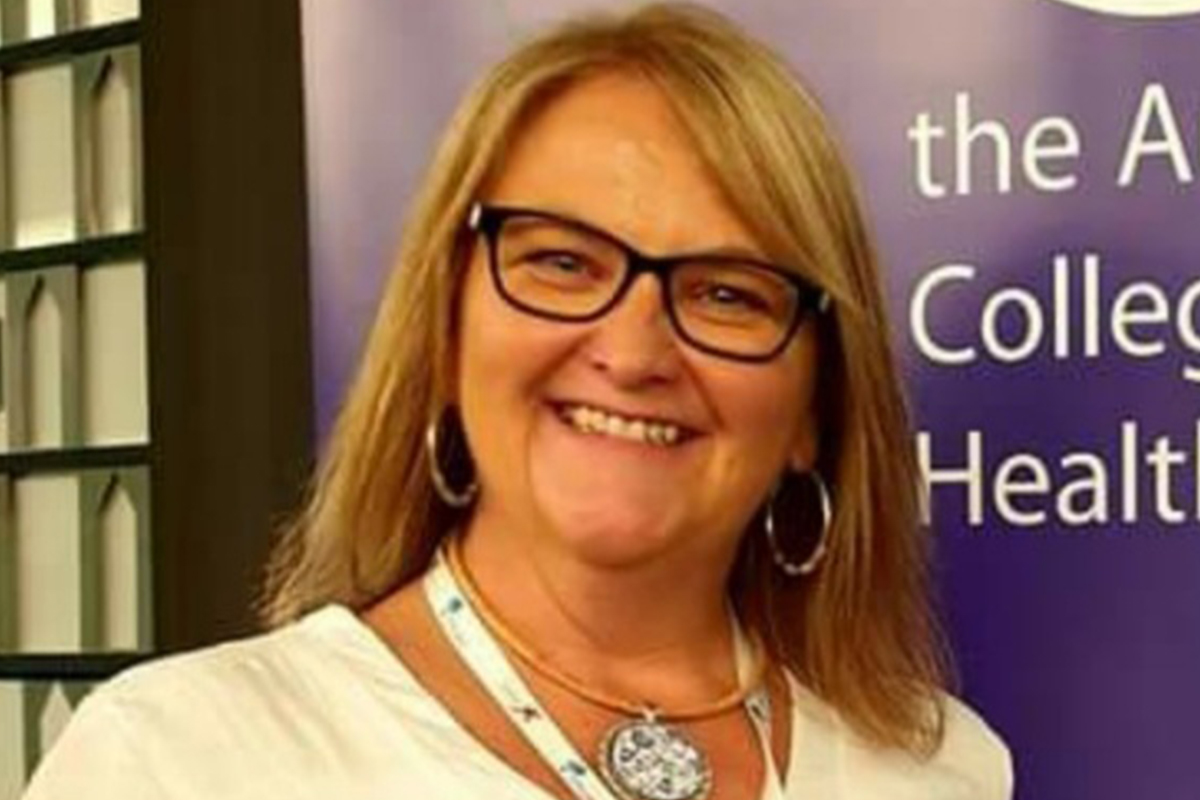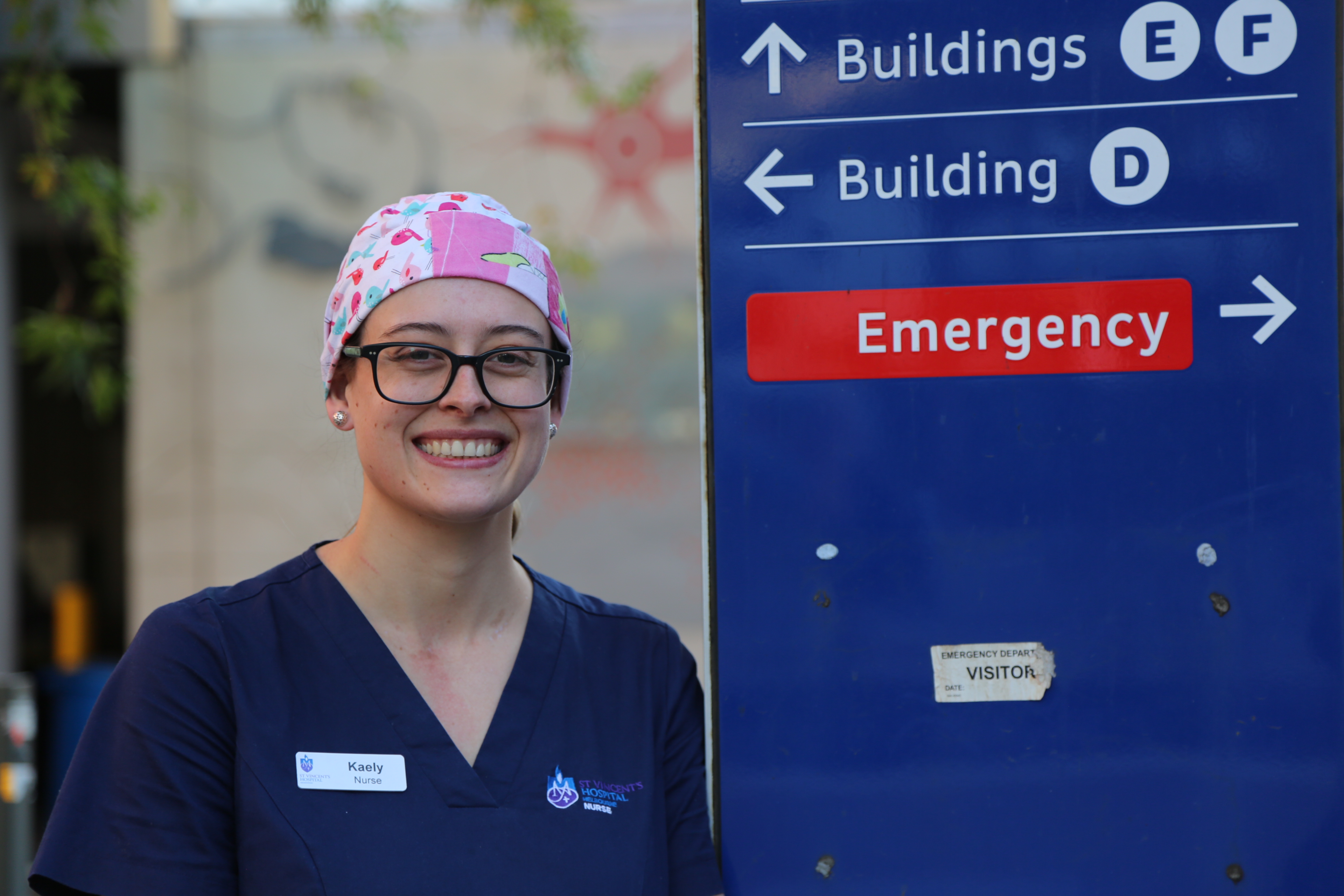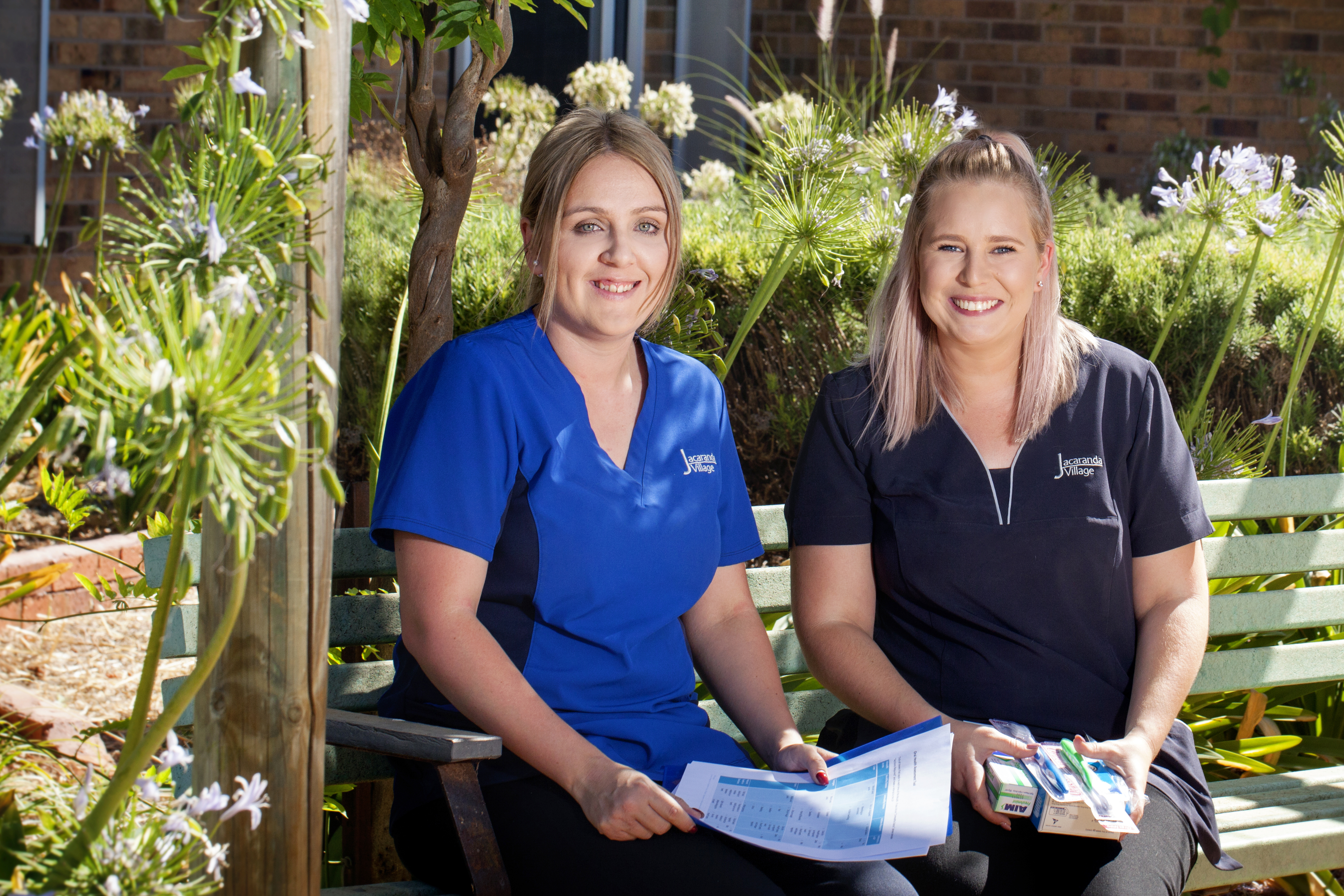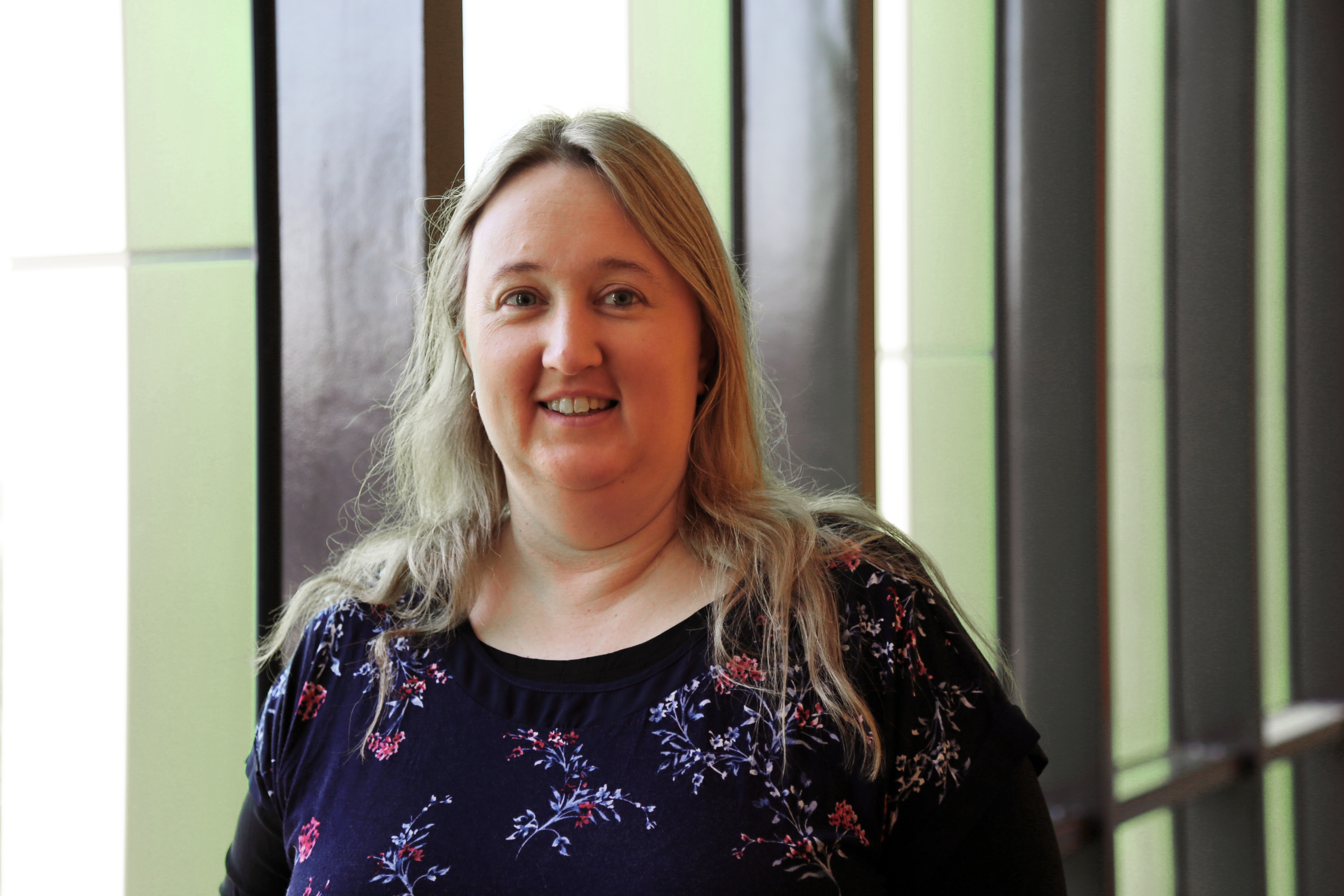
Judy Foord knows that mental health nursing can scare some people, but she cannot recommend it highly enough. It’s the use of self in mental health nursing that makes it so special, she says.
‘This field is often highly stigmatised, and people are often scared of mental health clients, which results in significant isolation. Mental health nurses walk alongside people when they’re feeling their most vulnerable, and offer a safe space for people to be able to be themselves without being judged.
‘And although we have medications and therapies and specialised treatments, it’s often the use of self that really has the greatest impact on a person. Clients talk about the way a person made them feel rather than any sort of specialised treatment they’ve received. That’s the main thing that I love about this field: that really close connection you make with people.’
Hospital in the Home
A nurse for 36 years and a nurse practitioner for close to a decade, Judy teaches mental health subjects at Deakin University’s NIKERI Institute for Aboriginal and Torres Strait Islander students, and works with Barwon Health’s award-winning new Mental Health Hospital in the Home (HITH) – the first adult mental health HITH service in the state.
The multi-disciplinary service opened in April 2021, in response to the Royal Commission into Victoria’s Mental Health System identifying a need to develop innovative, person-centred models of care. In October 2022, the nine-bed service won the Victorian Public Healthcare Award for excellence in supporting the mental health and wellbeing of Victorians.
‘Consumers get the exact same service as being in hospital, but it’s so much less restrictive than an inpatient admission.’
In announcing the award, the Department of Health noted that ‘not only have carers said they feel more involved in the care of their family member, consumers have reported a great sense of empowerment and feel more hopeful about their future recovery. It is also giving Barwon Health greater capacity to respond to increased demand for mental health services from what is a growing community.’
Judy agrees. She started with the team in January and loves it. ‘It offers a real alternative to being in hospital,’ she says. ‘Consumers get the exact same service as being in hospital, but it’s so much less restrictive than an inpatient admission.’
The team – which comprises nurses and nurse practitioners as well as a psychiatrist, pharmacist, psychiatric registrar, social worker, occupational therapist and peer workers – see people between one and three times a day.
‘We do all different sorts of things,’ Judy says. ‘We can supervise people’s medicines, do a variety of assessments – mental health assessment, risk assessment, physical health assessment – take bloods, do ECGs and do physical observations. Our OTs do sensory modulation assessments. We also do a lot of linking in with other services. Our social worker will do NDIS applications for people, or Centrelink applications, for instance. We just try to keep consumers as involved as possible with other aspects of the community.’
They’ve also had fantastic feedback from consumers and carers. ‘Nearly every client and carer says something like ‘I can’t believe we’ve got this level of service in the community!’
Making connections
Judy is part of an ANMF working committee on the implementation of the recommendations from the mental health royal commission. Like most in the sector, she is enthusiastic about the recommendations but knows that the key to implementing them is staff. She encourages anyone considering mental health nursing as a career to jump at the opportunity.
‘People often get scared and think that mental health nursing is one of those really hard areas, but it’s really not that different to the emergency department or other areas of nursing. Except with the use of self in mental health nursing you really get to make a connection and engage with people. It’s only once you’ve made a really close connection with someone that they open up and talk to you about all their different issues, and then it’s about helping them to find solutions to their problems.’
As long as you’re genuinely interested in helping people and making a difference in their lives, Judy says, you can’t go wrong with mental health nursing. ‘Mental health consumers often say that there’s been one particular nurse or a group of nurses that they really remember and really felt safe and comfortable with, and who they felt genuinely wanted to help them. That’s the reason that I still do my job after so many years. It’s one of the reasons that I love what I do.’




